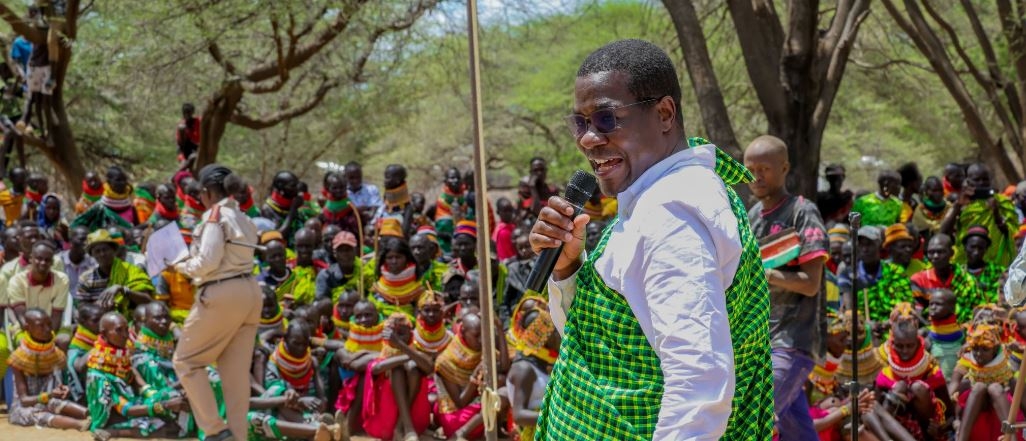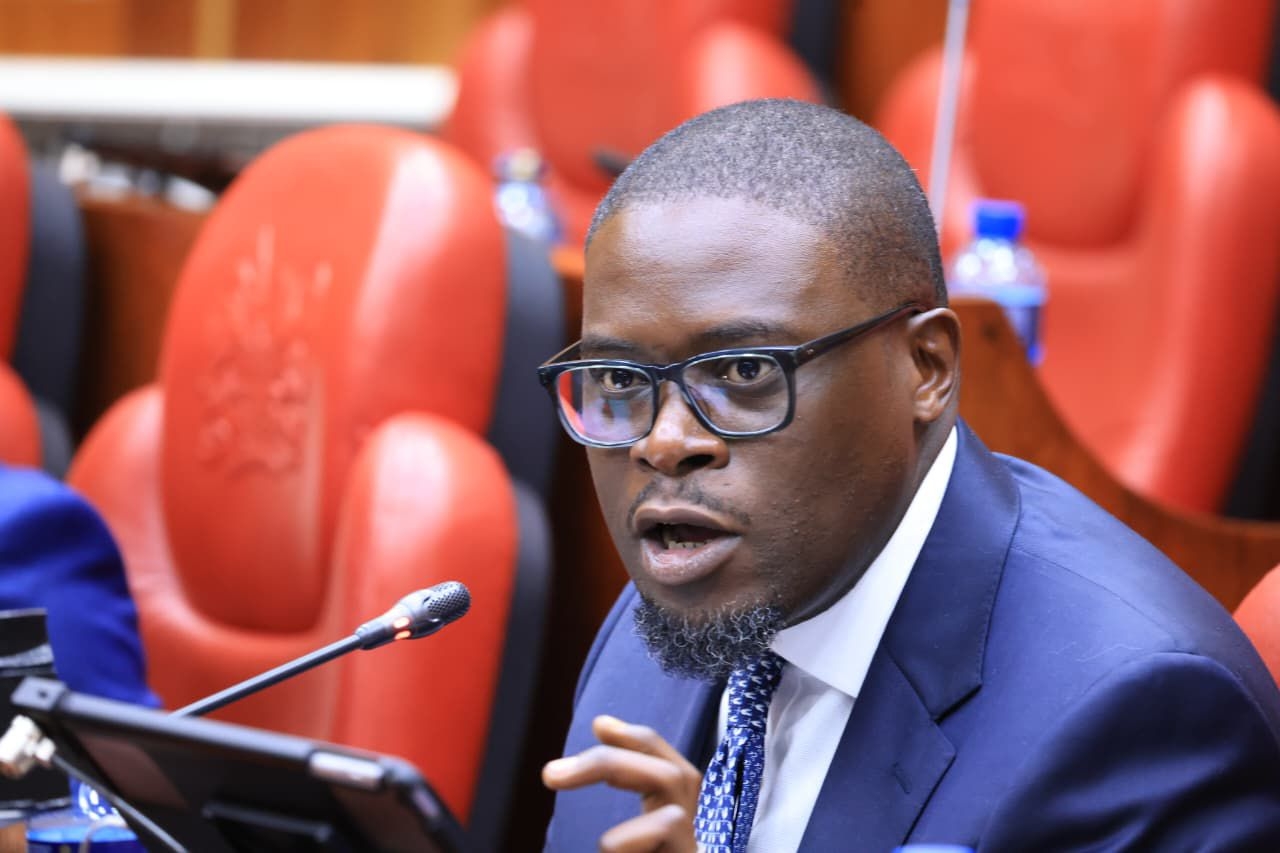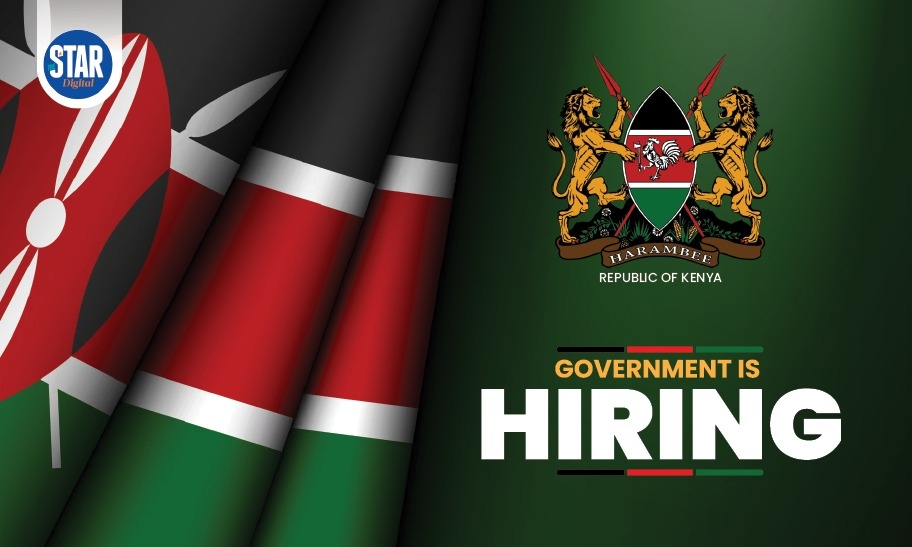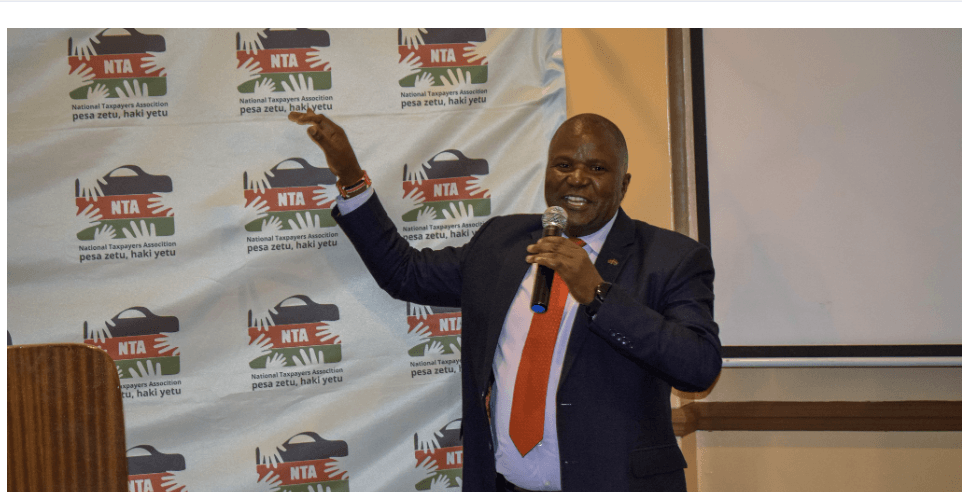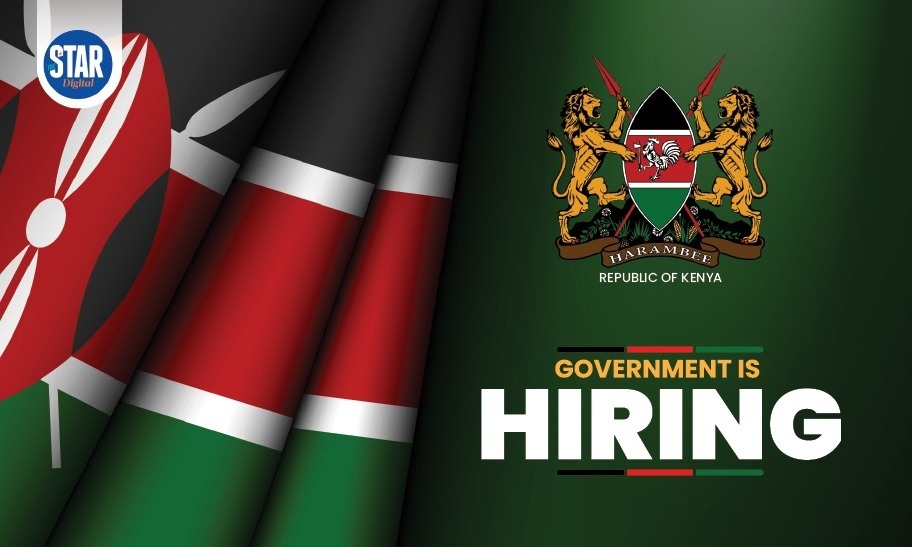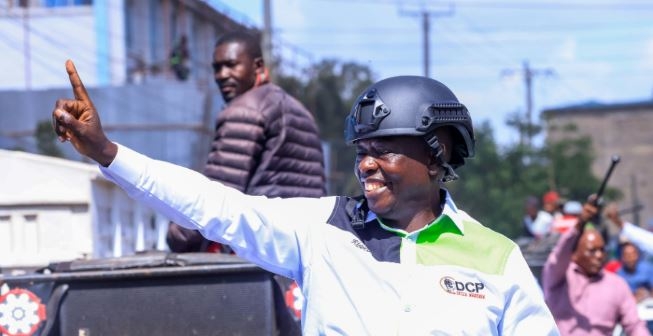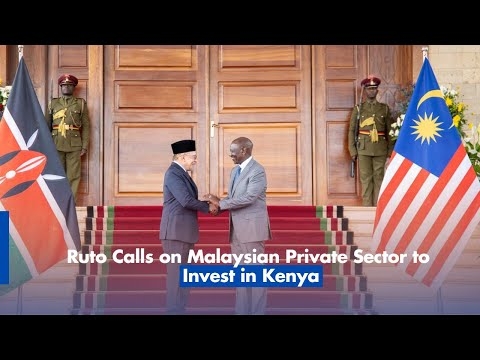The World Anti-Doping Agency (WADA) has issued a stern rebuke to the U.S. Anti-Doping Agency (USADA) following revelations by Reuters on Wednesday, exposing a scheme that allowed U.S. athletes who had committed doping violations to compete without sanctions for years
WADA noted in a statement that this practice is a blatant violation of the World Anti-Doping Code and USADA’s regulations.
WADA highlighted the severity of the allegations, which suggested that USADA permitted doped athletes to compete, including in Olympic qualifiers and international events, without publishing their anti-doping rule violations or imposing any sanctions.
This, WADA asserted, undermined the integrity of sporting competition and is a clear breach of both international and USADA’s own anti-doping rules.
WADA denied any involvement or approval of this practice. “Contrary to the claims made by USADA, WADA did not sign off on this practice of permitting drug cheats to compete for years on the promise that they would try to obtain incriminating evidence against others,” WADA said in the statement.
The World Anti-Doping Code does have provisions for reducing suspensions for athletes who provide substantial assistance, but WADA emphasises that this process does not permit athletes to continue competing while potentially still benefiting from performance-enhancing substances.
“When WADA eventually found out about this non-compliant practice in 2021, many years after it had started, it immediately instructed USADA to desist,” the statement read.
WADA’s investigation has so far identified at least three cases, where athletes who had committed serious anti-doping rule violations were allowed to continue competing for years as undercover agents for USADA.
In these instances, USADA failed to notify WADA, as required, and there were no provisions under the Code or USADA’s rules that allowed such a practice.
One case involved an elite athlete who admitted to using steroids and EPO but was allowed to compete up until their retirement.
This athlete’s results were never disqualified, and their case was never made public.
USADA argued that publishing the athlete’s doping violations would endanger their security, forcing WADA to reluctantly agree to non-publication after confirming the security threat was credible.
In another case, a high-level athlete had their provisional suspension lifted by USADA without WADA’s knowledge, which is an appealable decision. “Had WADA been notified, it would never have allowed this,” the statement read.
WADA’s statement also raised concerns about the broader implications of these actions, questioning the fairness and integrity of competitions where clean athletes unknowingly competed against those who had been allowed to cheat.
WADA criticised USADA’s apparent double standard in enforcing anti-doping rules and called into question whether USADA’s Board of Directors or the U.S. Congress, which funds USADA, were aware of these practices.



